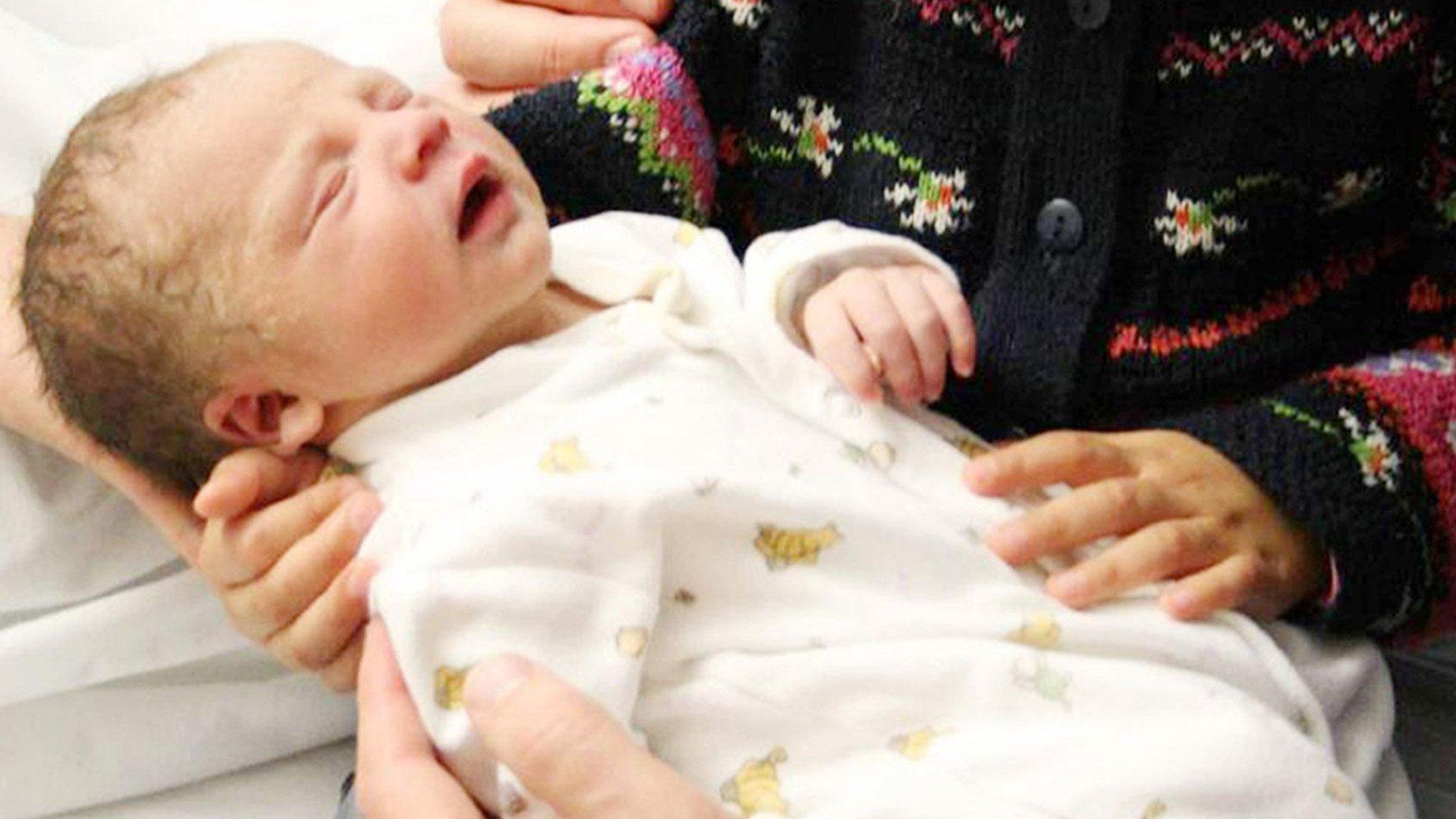Culture of blame holding back maternity safety, report finds
- Published
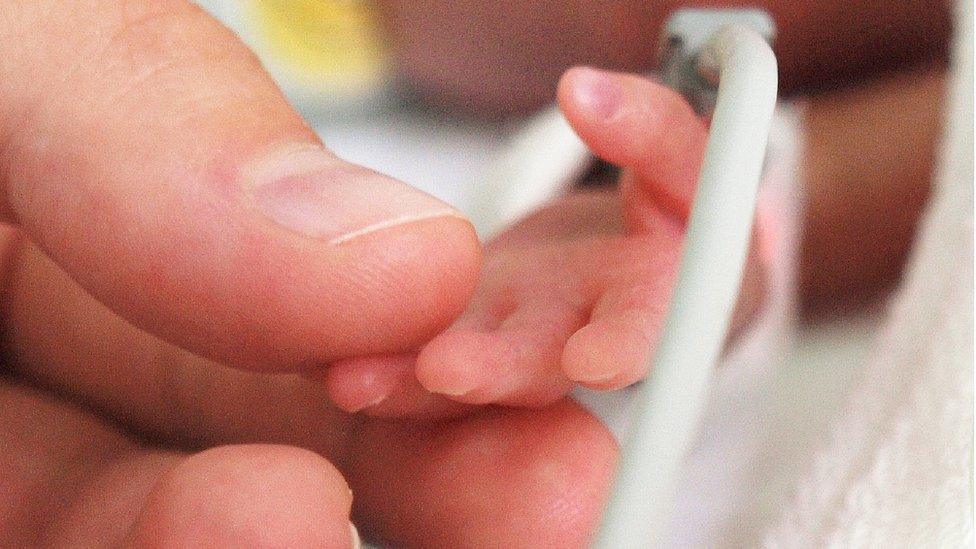
The safety of maternity services in England has not improved quickly enough, a committee of MPs says.
A "culture of blame" was preventing staff admitting mistakes and lessons being learned, its report said.
Jeremy Hunt, who chairs the Health and Social Care Committee, said 1,000 more babies a year would survive if England's maternity services were as safe as Sweden's.
Some £2m is being spent on spotting early signs of babies in distress.
This government funding, announced at the weekend, would help halve brain injuries during birth by 2025, Maternity Safety Minister Nadine Dorries said.
The committee's report found although maternity safety had improved, the deaths of a number of newborn babies at several hospitals in recent years were a reminder much more needed to be done.
It highlighted failings at University Hospitals of Morecambe Bay NHS Foundation Trust and major concerns at Shrewsbury and Telford Hospital NHS Trust and East Kent Hospitals University NHS Foundation Trust, where babies died.
The report found :
1,900 more midwives and 500 more consultants were needed to deliver a safe service
women and babies belonging to ethnic minorities and poorer backgrounds were at greater risk of death than their peers
a no-blame compensation scheme should be introduced, as in Sweden
the budget for maternity services should be increased by an extra £200-350m per year
Mr Hunt said: "Although the majority of NHS births are totally safe, failings in maternity services can have a devastating outcome for the families involved.
"Despite a number of high-profile incidents, improvements in maternity safety are still not happening quickly enough."
The biggest concerns were around staffing and culture and the government and the NHS needed to "redouble their efforts" ahead of the publication of two reports into baby deaths in Shrewsbury and Telford and East Kent.
"Nothing less is owed to the families for whom a birth was not the joyous occasion they had the right to expect," Mr Hunt said.
Brain injuries
Another report from an expert panel on the committee looked at progress on a number of targets already set by government.
By 2025, it aims to halve the rate of stillbirths, neonatal deaths, maternal deaths and brain injuries that occur during or soon after birth.
Although some progress has been made, the panel said not everyone had experienced the same improvements.
And it was struck by the persistent health inequalities experienced by women and babies from disadvantaged groups.
Right skills
Prof Dame Jane Dacre, who chairs the expert panel, said it had rated the government's overall progress on maternity services as "requires improvement".
And it said work on providing all women with a personalised care-and-support plan was "inadequate".
"However, underpinning all this are workforce issues," Dame Jane said.
"Maternity services must have the right number of staff, in the right place, at the right time and with the right skills - without that, progress will stall."
The stillbirth and neonatal death charity Sands welcomed the report, saying investigations into baby deaths from black and Asian backgrounds were needed.
Chief executive Clea Harmer said: "This must be the foundation for a full programme of confidential enquiries to include all groups where the rate of baby deaths is higher.
"Babies should not be at a higher risk of death simply because of their parents' postcode, ethnicity or income."
Quality of care
Obstetricians and gynaecologists said they had been "deeply concerned for some time now" about how stretched and understaffed maternity services in England were.
"We are well aware that this sort of pressurised environment can affect the quality and safety of care provided to mothers and their babies, and restricts the choices available to women," Dr Edward Morris, president of the Royal College of Obstetricians and Gynaecologists, said.
The Royal College of Midwives said the services they provided were "among the safest in the world, and getting safer" but "too many women are let down by the NHS".
It is calling for more investment in staffing, training and resources.
Related topics
- Published20 May 2021

- Published19 May 2021
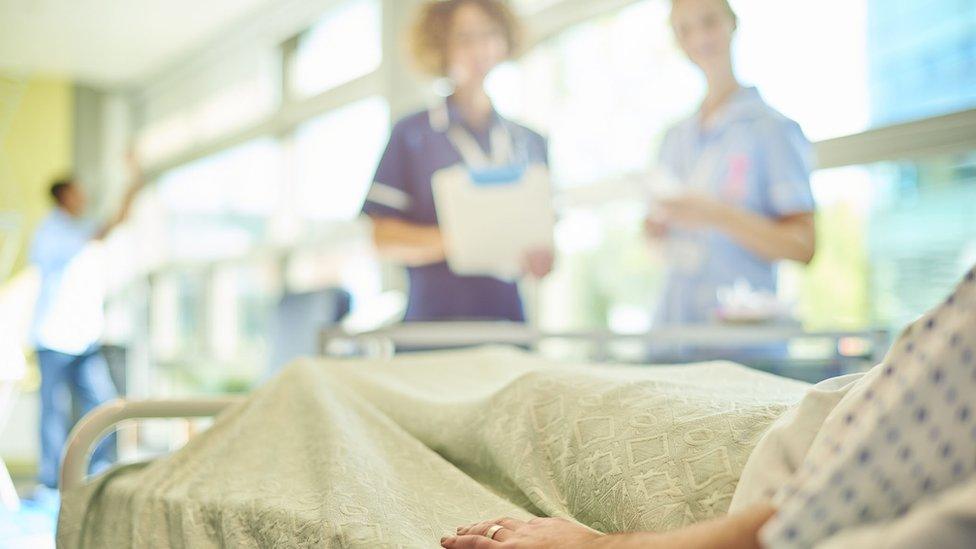
- Published1 October 2020
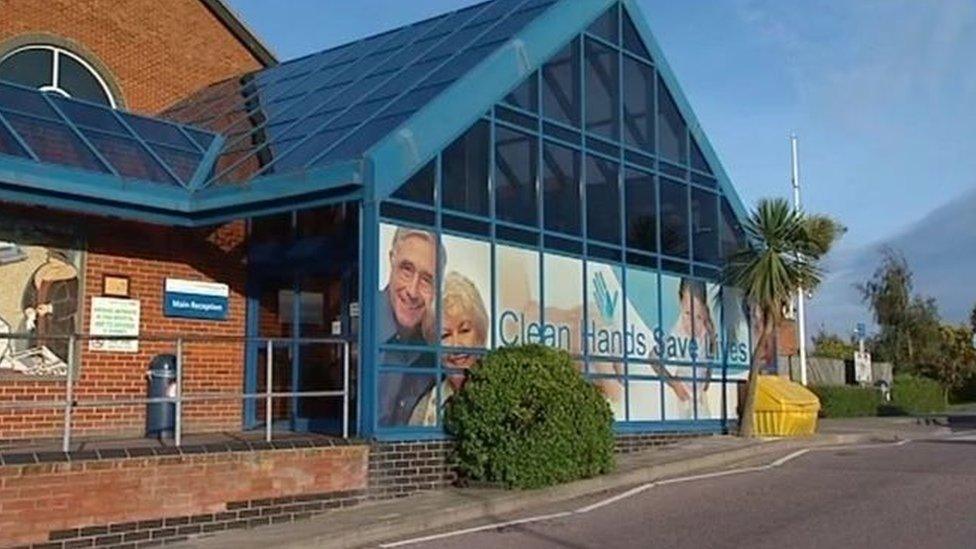
- Published9 October 2020
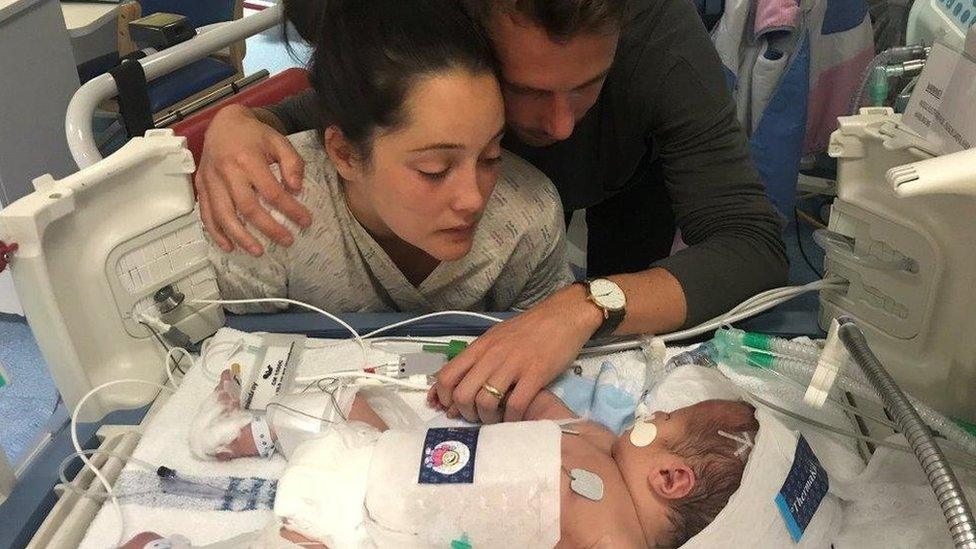
- Published21 July 2020
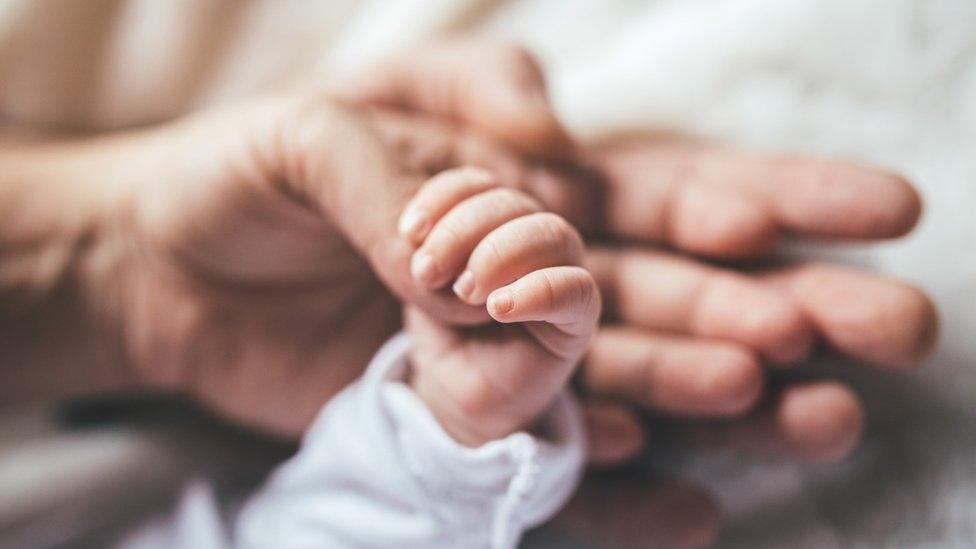
- Published23 October 2019
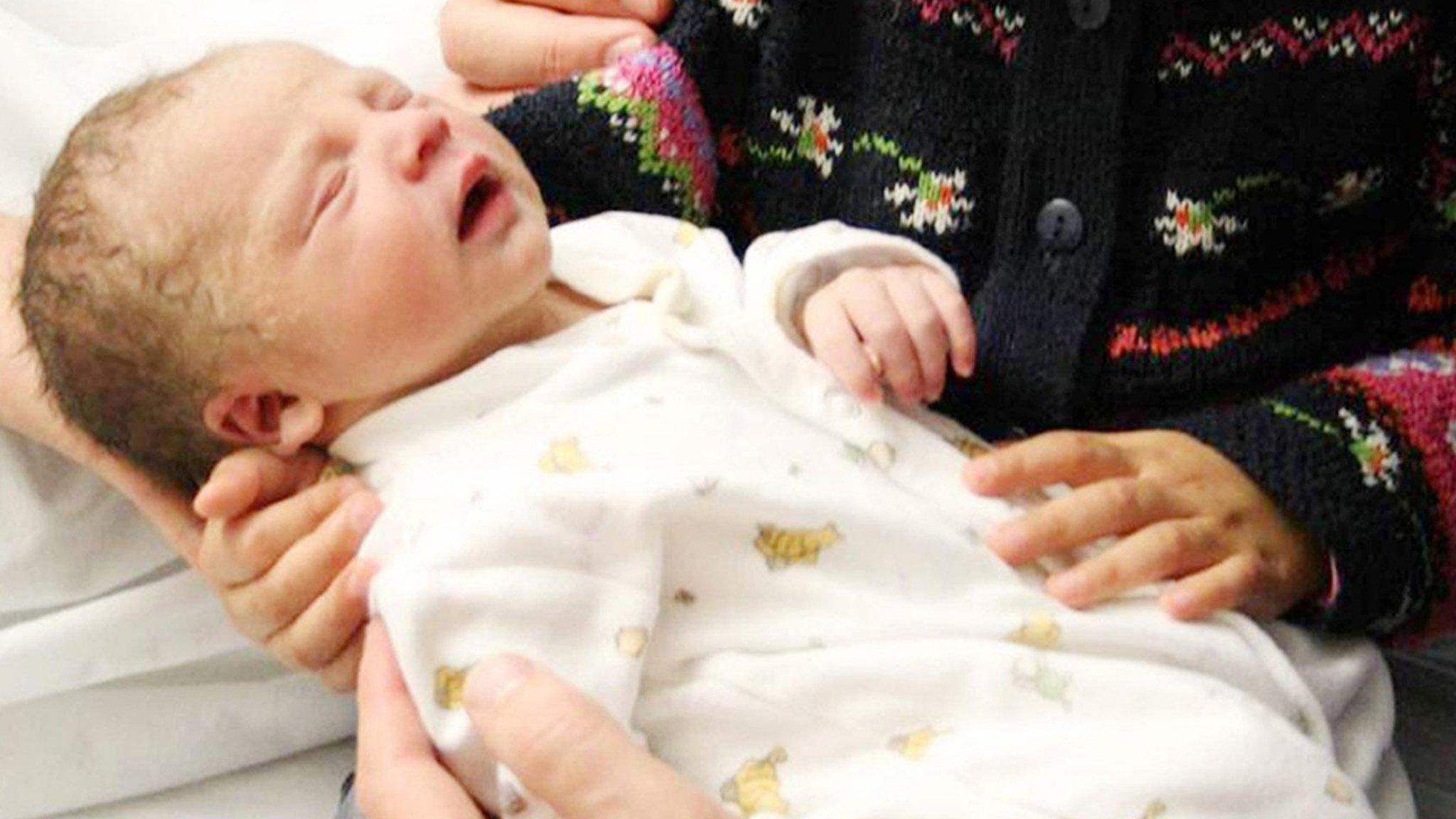
- Published4 November 2016
